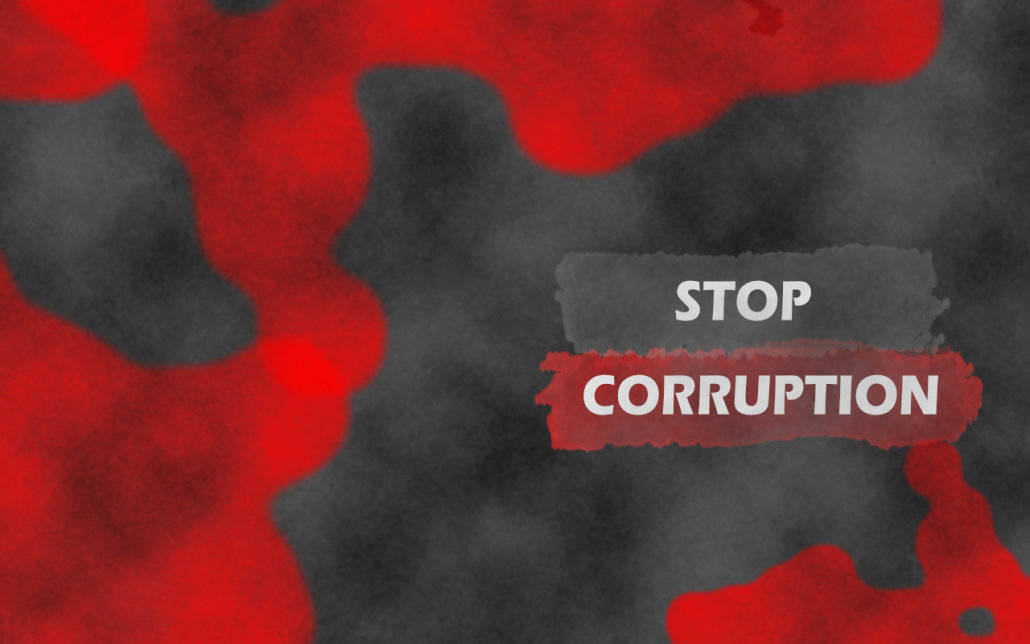Back in April 2024 an amendment act was signed into law that if efficiently implemented, will contribute significantly to anti-corruption efforts in South Africa.
Section 23 of the new Judicial Matters Amendment Act provides for an insertion into the Prevention and Combating of Corrupt Activities Act (Precca), after section 34 of that act, which established the duty of certain persons to report certain offences and the failure to do so as a criminal offence. The new insertion now criminalises the failure to prevent corrupt activities – specifically, that a member of the private sector or a state-owned entity associated with someone offering a bribe for the purpose of gaining a personal or business advantage, will also be guilty of the offence if it cannot demonstrate that it took reasonable internal precautions to prevent the corrupt act.
The Precca amendment states that:
- “34A. (1) Any member of the private sector or incorporated state-owned entity is guilty of an offence if a person associated with that member of the private sector or that incorporated state-owned entity gives or agrees, or offers to give any gratification prohibited in terms of Chapter 2 to another person, intending to obtain or retain:
- (a) business for that member of the private sector or that incorporated state-owned entity; or
- (b) an advantage in the conduct of business for that member of the private sector or that incorporated state-owned entity: Provided that no offence shall be committed where that member of the private sector or that incorporated state-owned entity had in place adequate procedures designed to prevent persons associated with that member of the private sector or that incorporated state-owned entity from giving, agreeing or offering to give any gratification prohibited in terms of Chapter 2.
- (2) For the purposes of section 34A(1), a person is associated with a member of the private sector or an incorporated state-owned entity if, disregarding any gratification under consideration, that person performs services for or on behalf of that member of the private sector or that incorporated state-owned entity, irrespective of the capacity in which such person performs services for or on behalf of that member of the private sector or that incorporated state-owned entity.’’
The amendment was suggested by Chief Justice Raymond Zondo in his recommendations arising from the state capture commission which he chaired between 2018 and 2022. The wording of the new section closely follows that of Zondo’s recommendation, presented in section 69 of his final report, Volume six part four.
Experts say this addition should spur businesses to review their internal anti-corruption procedures in their South African operations, because this is the ideal time to ensure those adequate procedures are in place or risk being held accountable for their employees’ actions.
Other experts raise concerns about the definition of “adequate procedures”, saying Zondo does not elaborate on this, but add that South Africa could adopt an approach like the UK Bribery Act. This foreign legislation lays out six principles for companies to consider when setting up anti-corruption measures – Proportionate Procedures, Top-Level Commitment, Risk Assessment, Due Diligence, Communication (including training), and Monitoring and Review.
Multinational law firm Pinsent Masons comments that for the change to be meaningful, the South African state will need to demonstrate a clear will to hold people to account – something it has not done thus far. “There has not been a single high profile corruption conviction of the key actors implicated in state capture. If the state does not change this and show it is willing and able to hold people accountable, it runs the risk of the new law being ignored by companies that may see it as a paper law with no real teeth.”
The new law will only apply to current, ongoing, and future acts of corruption, the firm adds. “Historical corruption can, however, still be prosecuted under the Criminal Procedure Act.”

